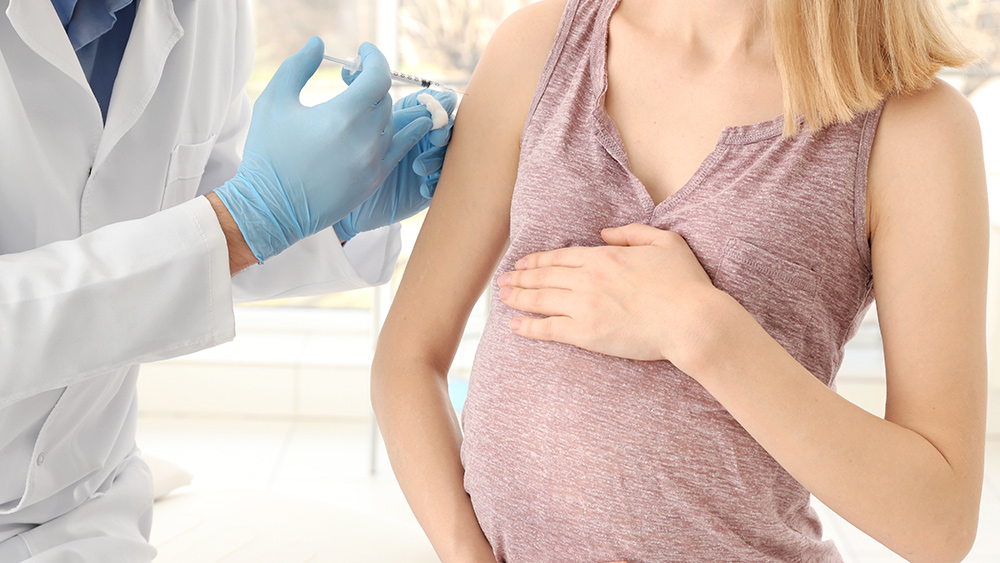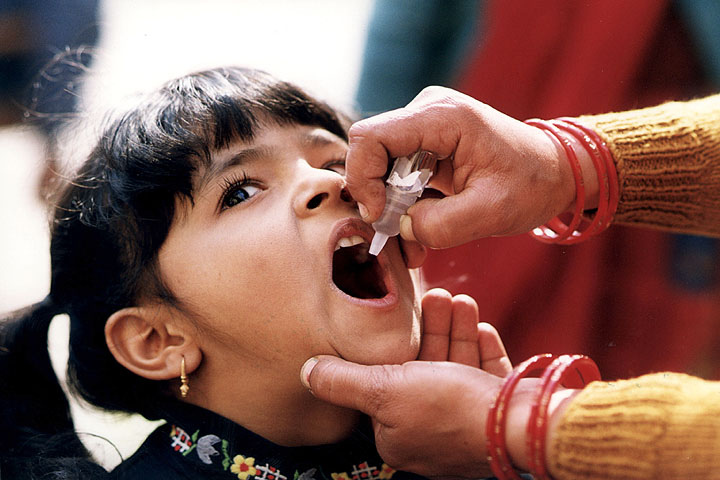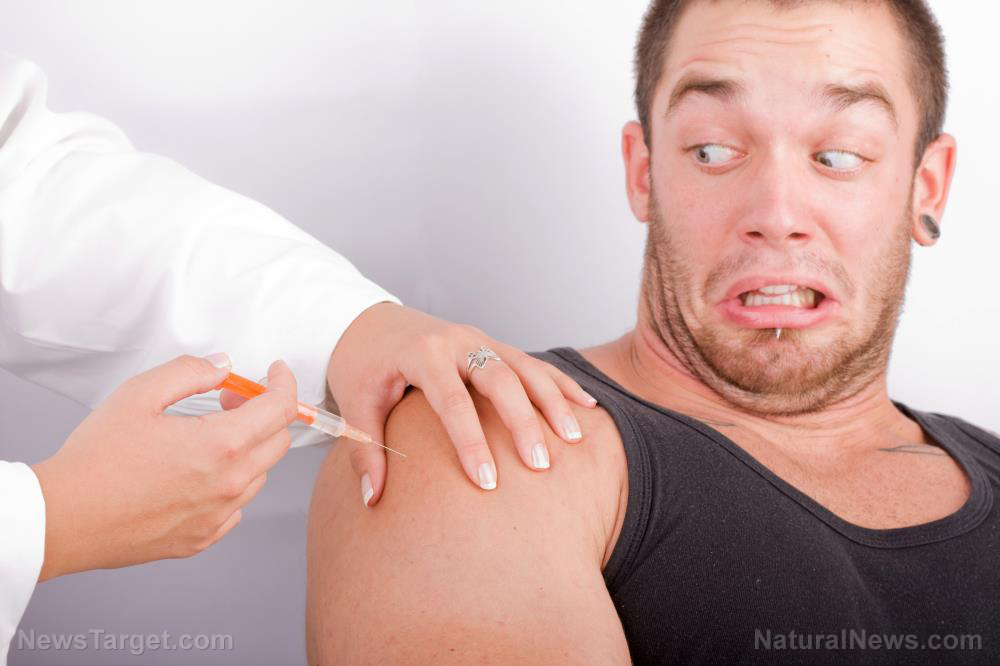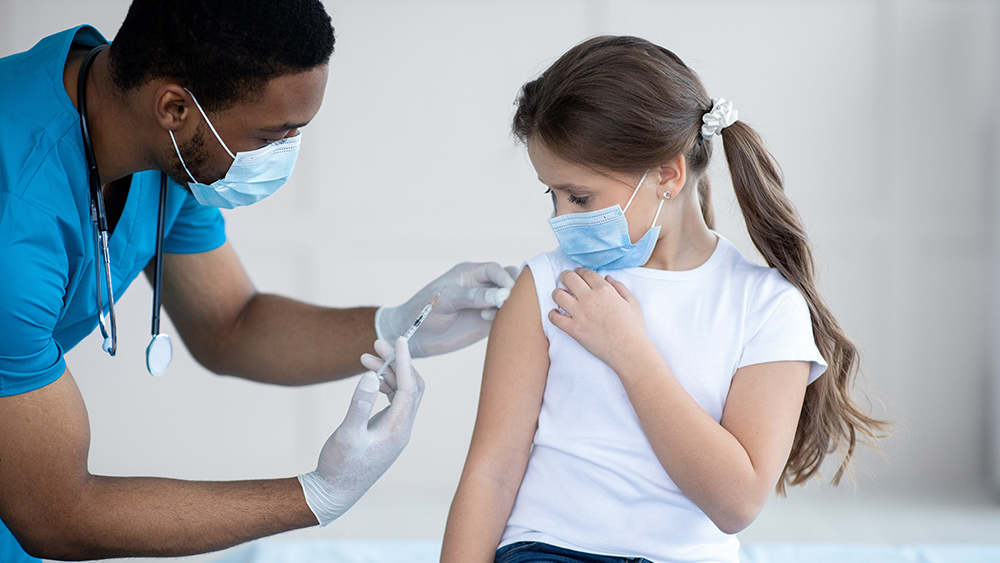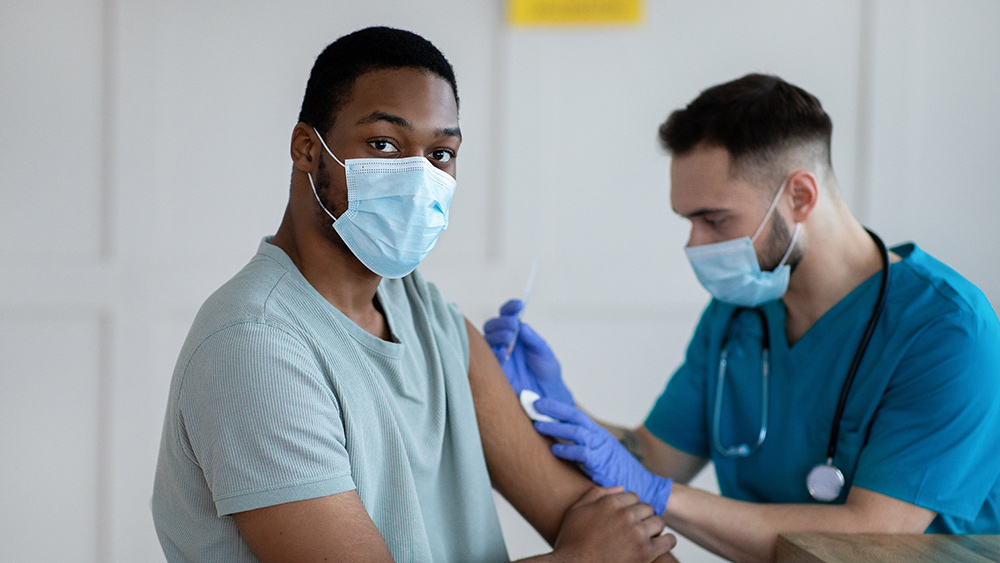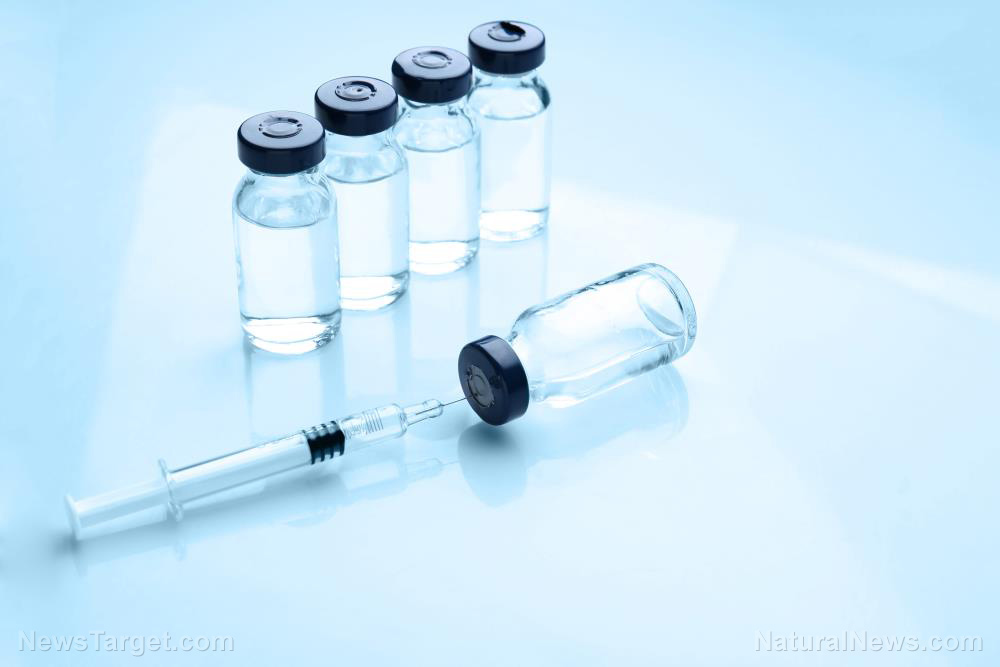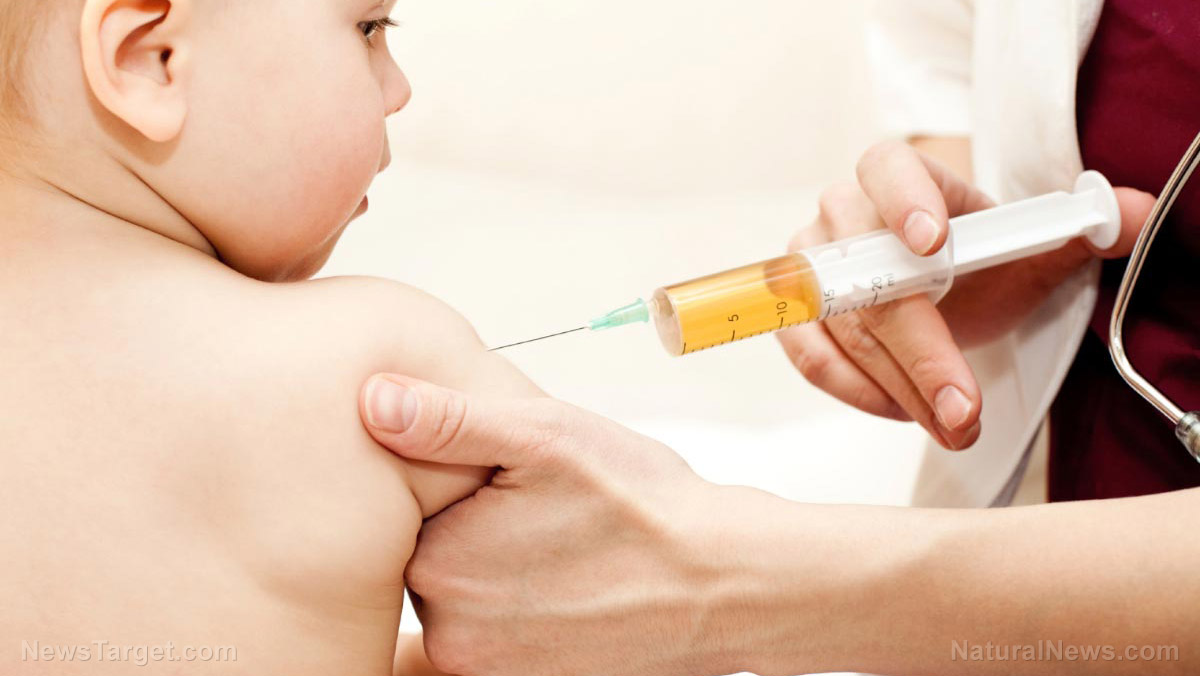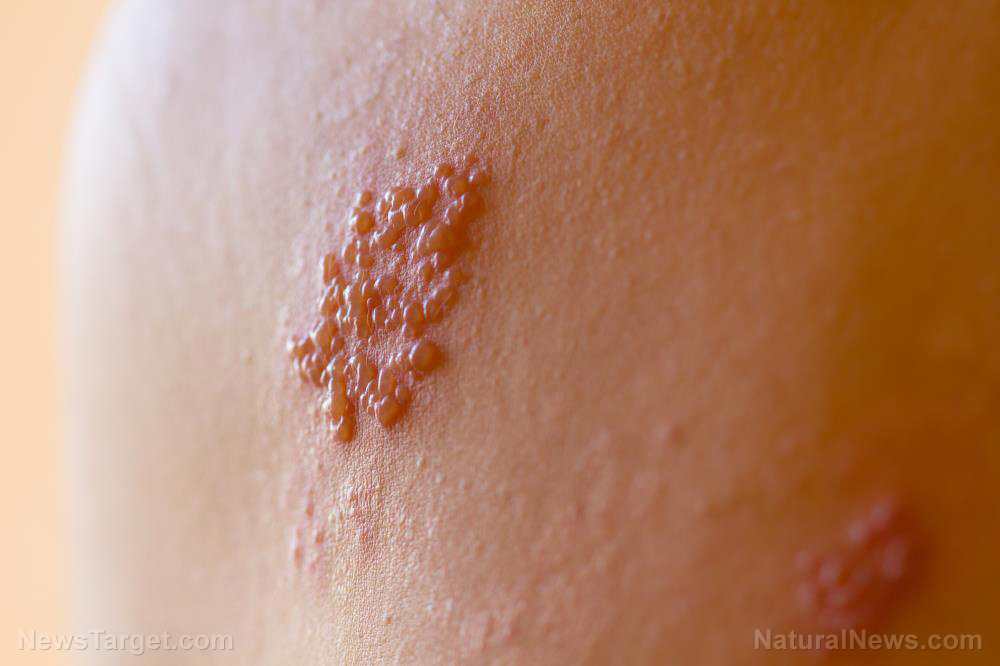Researchers link COVID-19 vaccines to HIGHER rates of infection and death across Australia
06/24/2022 / By Zoey Sky
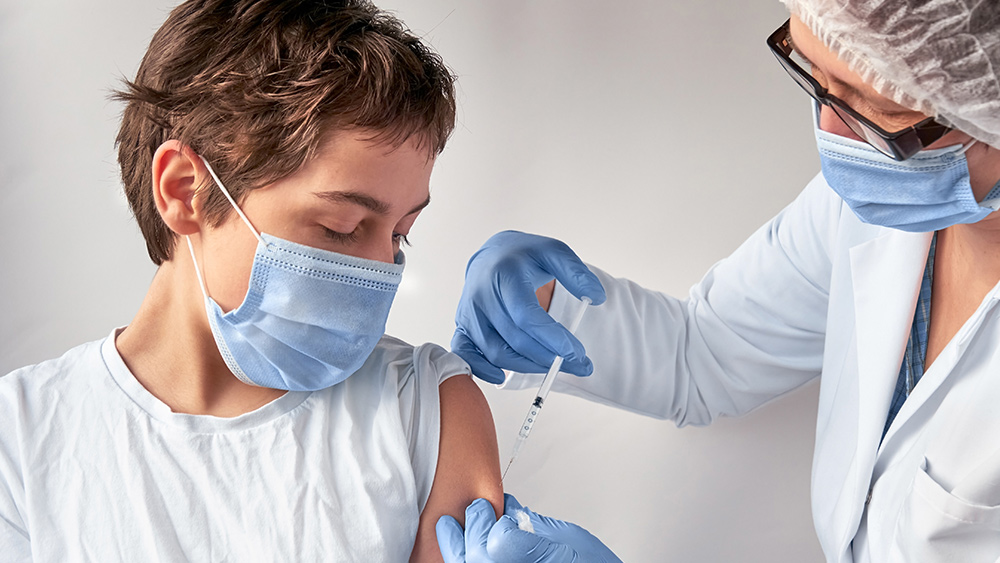
According to an online scientific publication that tackles global problems like the Wuhan coronavirus (COVID-19) pandemic, Australia has proven that the Wuhan coronavirus COVID-19 vaccines are actually making people more vulnerable to infections and death.
Scientists who conducted the study found that there are links between the COVID-19 vaccines and higher rates of infections and death.
Reports gathered by the Our World in Data (OWID) website show that Australia is currently battling a big wave of COVID-19 deaths even though almost 90 percent of its population is fully vaccinated. Additionally, the OWID data shows that coronavirus vaccines are not completely safe and effective.
At least 90 percent of people in Australia are considered fully vaccinated against coronavirus, but that fact failed to prevent the largest wave of coronavirus deaths to hit the country since the beginning of the pandemic in 2020.
Australia’s current COVID-19 wave began in February 2022. (Related: Australia recorded 1,700% increase in COVID-19 deaths as vaccine was rolled out.)
Number of COVID infections, deaths skyrocket following vaccine rollout in Australia
Before August 2021, the number of confirmed coronavirus cases recorded in Australia per day barely hit double figures. But from that month onward, the number of cases being recorded have hit four figures.
Australia started its COVID vaccination program in February last year. Meaning, COVID cases in the country started to rise six months following vaccine rollout.
Toward the end of December 2021, the number of cases being recorded in Australia skyrocketed. The figures climbed to as high as 128,85 cases recorded in a single day on January 13, 2022.
Since the new year, Australia has suffered its largest wave of coronavirus deaths in over two years. Unfortunately, the COVID-19 wave hasn’t subsided and Australia is still riding it as of June 2022.
In the March-April 2020 wave, the seven-day average number of deaths equated to between one and four.
In the September 2020 wave, the seven-day average number of deaths equated to between nine and 20. The October 2021 wave, when 60 percent of Australia was considered fully vaccinated, also equated to a seven-day average of between nine and 20 deaths.
By February 1, 2022, the seven-day average number of deaths equated to 87. As of June 14 this year, the number of deaths equate to a seven-day average of 41.
It is easy to verify the data, but mainstream media continues to do the bidding of those in power by telling the public to get vaccinated and that as many as four doses are safe. Now, vaccine propaganda has become too apparent even as the evidence that vaccines do more harm than good is now out there.
For people who continue to claim that “fact-checkers” have debunked these truths and that all those cases were among the unvaccinated population, a recent move by the ruling class in Australia proves otherwise.
The government of New South Wales (NSW) used to release a weekly COVID-19 Statistical Report. But it suddenly decided to stop publishing it.
NSW officials may have realized that the data was terrible, especially concerning vaccinated people. According to the latest available NSW report, the fully vaccinated population accounted for four in every five coronavirus cases between November 26, 2021 and February 5, 2022.
Visit VaccineDeaths.com to learn more about COVID-19-related injuries and deaths across the globe.
Watch the video below to know more about COVID vaccine-induced injuries in Australia.
This video is from the Vibration Fruit channel on Brighteon.com.
More related stories:
Dr. Peter McCullough: One COVID vaccine death is too many.
Sources include:
Submit a correction >>
Tagged Under:
Australia, Big Pharma, covid-19, deception, infections, outbreak, pandemic, pharmaceutical fraud, research, vaccine damage, Vaccine deaths, vaccine injury, vaccine safety, vaccines
This article may contain statements that reflect the opinion of the author
RECENT NEWS & ARTICLES
Infections.News is a fact-based public education website published by Infections News Features, LLC.
All content copyright © 2018 by Infections News Features, LLC.
Contact Us with Tips or Corrections
All trademarks, registered trademarks and servicemarks mentioned on this site are the property of their respective owners.




